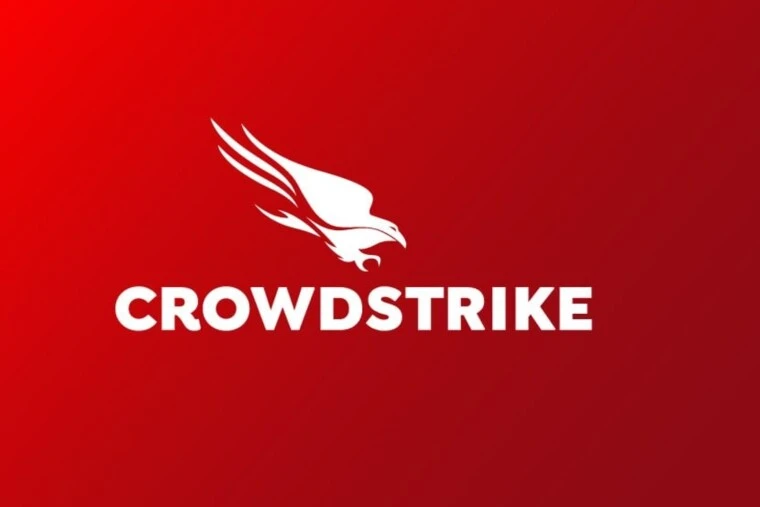A widespread Blue Screen of Death (BSOD) issue on Windows PCs disrupted operations across various sectors, notably impacting airlines, banks, and healthcare providers. The issue was caused by a problematic channel file delivered via an update from the popular cybersecurity service provider, CrowdStrike. CrowdStrike confirmed that this crash did not impact Mac or Linux PCs.
It turns out that similar problems have been occurring for months without much awareness, despite the fact that many may view this as an isolated incident. Users of Debian and Rocky Linux also experienced significant disruptions as a result of CrowdStrike updates, raising serious concerns about the company’s software update and testing procedures. These occurrences highlight potential risks for customers who rely on their products daily.



Because their clients don’t ask them about Debian. They ask about RHEL, Ubuntu, and Amazon Linux
That’s a bold assumption for a global enterprise software company. Especially one that doesn’t exclusively target IaaS environments.
I’m not saying “literally none of their clients ask about Debian” I’m just saying it’s not having the market penetration the others do because the kind of corp that pays for crowd strike is also the kind of corp that wants to pay another corp (Like IBM, Oracle, or Canonical) for certain stability and liability coverages
There are probably more authoritative sources that have performed similar surveys or studies, but this was a recent one.
https://www.openlogic.com/blog/top-enterprise-linux-distributions
It was also the first relevant result that I clicked on, and it more or less lined up with my own anecdotal experiences working with a very diverse assortment of businesses, SMB through large enterprise.
If you don’t want to click on that link, or read through it, here is a graph with the results:
Thins “enterprise” list is hilarious. There are SIX RHEL rip-offs but RHEL itself does not even make the list?
I know nothing about openlogic.com but they should not have “logic” in their name.
This is clearly a survey of what people run when they want to avoid paying for software. That might be a good description of the small business landscape but literally the opposite of Enterprise. At best, this is a survey of departmental IT in mid-size businesses.
Look, based on revenue alone, it is crazy obvious that RHEL is number one and either Oracle ( basically RHEL ) or SLE ( SUSE ) is number two. Oracle is mostly used as a base for Oracle DB and Oracle Applications. SUSE gets used to host SAP. Amazon Linux gets used on AWS ( the largest cloud ).
I think that Ubuntu gets used a lot in Enterprise but mostly for in-house stuff. It is probably the standard for embedded. I see it used as a base platform a lot in Azure. But Canonical has half the revenue that SUSE has despite “enterprise” Linux being a much smaller part of the Canonical product mix.
Addendum to my other reply:
Visiting the OpenLogic website makes it clear that they sell Linux support. In other words, you only work with OpenLogic ( and take their survey ) if you rely on a Linux distro that does not have commercial support ( or lousy I guess ). In other words, you only use OpenLogic if you are not paying for a real enterprise Linux product.
https://www.openlogic.com/
OpenLogic is calling this an “enterprise” Linux survey because they are positioning themselves as “enterprise” level support. But this survey pretty much excludes real enterprise Linux by definition.
Largish enterprise heavily using Debian, just 1 data point here but we do exist.